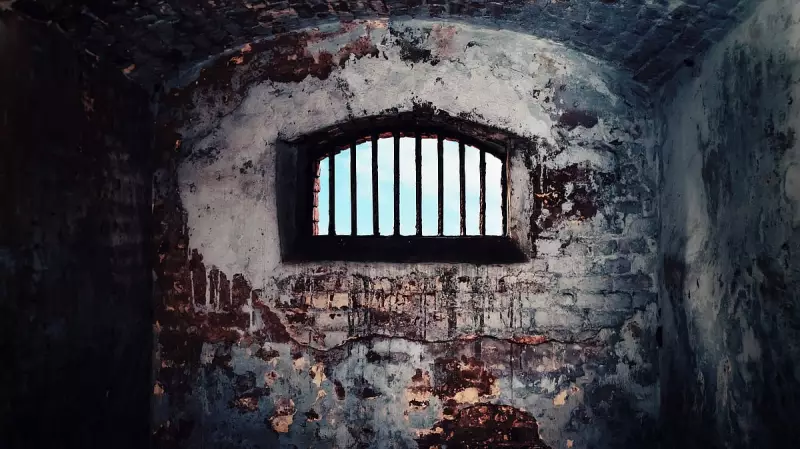
India's prison system is in a state of severe crisis, with overcrowded facilities and systemic failures creating unimaginable human suffering. The statistics paint a grim picture of a system buckling under pressure and neglecting basic human dignity.
The Overcrowding Catastrophe
Indian prisons are operating at a staggering 130% of their capacity, creating conditions that violate fundamental human rights. In some states, the situation is even more dire, with occupancy rates soaring beyond 150%. This extreme overcrowding means prisoners are forced to live in spaces barely larger than coffin dimensions, with inadequate ventilation, sanitation, and personal space.
The Undertrial Dilemma
Perhaps the most shocking aspect of India's prison crisis is that nearly 77% of inmates are undertrial prisoners - individuals who haven't been convicted of any crime. These people languish in jails for years awaiting trial, often for offenses that wouldn't even carry sentences matching their pretrial detention period. The system effectively punishes people before they're proven guilty.
Healthcare Behind Bars: A Death Sentence?
Prison healthcare in India is in a deplorable state. Medical facilities are understaffed, underequipped, and often inaccessible. The combination of poor nutrition, stress, and unhygienic conditions creates breeding grounds for diseases like tuberculosis, which spreads rapidly in congested prison wards. Mental health support is virtually nonexistent, leading to deteriorating psychological conditions among inmates.
Who Bears the Brunt?
The prison crisis disproportionately affects the most vulnerable segments of society:
- Economically disadvantaged individuals who cannot afford bail or legal representation
- Marginalized communities who face systemic barriers in the justice system
- Elderly prisoners with special medical needs that go unaddressed
- Women inmates who face additional challenges in a male-dominated system
The Ripple Effect on Families
Every person trapped in this broken system represents a family torn apart. Children grow up without parents, spouses struggle to maintain households alone, and elderly parents lose their caregivers. The economic and emotional devastation extends far beyond prison walls, creating cycles of poverty and trauma that affect generations.
Pathways to Reform
Addressing this crisis requires urgent and comprehensive reforms:
- Expanding the use of bail and parole for non-violent offenders
- Speeding up the judicial process to reduce undertrial populations
- Investing in prison infrastructure and healthcare facilities
- Implementing alternative sentencing programs for minor offenses
- Strengthening legal aid services for the poor
The human cost of India's broken prison system represents not just a failure of criminal justice, but a failure of basic humanity. Until meaningful reforms are implemented, thousands will continue to suffer in conditions that no civilized society should tolerate.





